Description
ABSTRACT
Unpaid Wages of Crew Members: A Review of Mt Sam Purpose (Ex Mt. Tapti) v Amarjeet Singh Bains
Temple A. M. Damiari*
The recent decision of the Court of Appeal in the case of The Vessel MT Sam Purpose (Ex MT. Tapti) & Anor v Amarjeet Singh Bains & 6 Ors to the effect that only the National Industrial Court can entertain matters on wages of crew members has brought to the front burner the need for a reexamination of the jurisdictional scope of the duo of Federal High Court and National Industrial Court in the light of constitutional provisions, particularly as it relates to maritime labour claims. The paper critically reviews the decision of the Court of Appeal against the backdrop of settled constitutional provisions, denoting admiralty jurisdiction to the Federal High Court and found that the court, in arriving at its decision, neither took proper cognisance of the provision of section 251(1)(g) of the Constitution nor settled guiding principles in the interpretation of constitutional provisions, in arriving at the decision. The work, however, recommends that despite a somewhat consensus on the desirability of a legislative intervention on the one part and judicial intervention vide concurrence of jurisdiction for the duo courts on the narrow compass of labour related maritime claims on the other part, the present tenor of section 251(1)(g) as well as other maritime legislative frameworks, should be given efficacy as denoting exclusive jurisdiction to the Federal High Court on maritime labour matters, inclusive of claims of unpaid wages of crew members.
Keywords: Crew wages, Admiralty, Maritime, Labour disputes, Exclusive jurisdiction, National Industrial Court, Federal High Court, Constitution.
INTRODUCTION
The jurisdictional struggle between courts of coordinate jurisdiction is not novel.1 Nigeria has had its fair share of jurisdictional wrangling, particularly as witnessed at the climax of the jurisdictional struggle between the Federal High Court and the State High Court on the unlimited subject matter jurisdiction of the latter.2
*LL.B (Hons), BL. Practice Manager, ASALAW LP. Email: te************@*********ar.ng
- In the United Kingdom, the High Court of Admiralty at some point in history had to wrestle with the common law courts on jurisdiction over maritime matters, leading to the passage of two Statutes in the reign of Richard II. Eventually, at the end of the reign of William IV in the 1830s, the jurisdiction of the Admiralty Court was retained in matters such as droits of Admiralty (wrecks at sea, which were the Admiral’s property rights), collisions, salvage, possession of ships, bottomry (now almost obsolete) and seamen’s wages (emphasis mine). See Aleka Mandaraka-Sheppard, Modern Maritime Law Volume 1: Jurisdiction and Risks (3rd edn, Informa Law from Routledge 2013) 2 and Halsbury’s Laws (5th edn, 2010) 93, 80.
- There was jurisdictional conflict between the Federal High Court and State High Court between 1979 and 1987 culminating in the decision of the Supreme Court in the case of Savannah Bank Limited v Pan Atlantic Shipping & Transport Agencies & Anor [1987] 1 NWLR (Pt 49) 212 to the effect the unlimited jurisdiction of the State High Court would be subject to the exclusive jurisdictional competence of the Federal High Court on specific subject matters listed in s 251, which includes admiralty jurisdiction. See also Jamal Steel Structures Co. Ltd v African Continental Bank Ltd [1973] 1 ALL NRLR (pt 2) 208, American Intl Inc. Co. v Ceekay Trading ltd [2001] FWLR (Pt 47) 1163 and Bronik Motors Limited v Wema Bank Limited [1983] 6 SC 158.

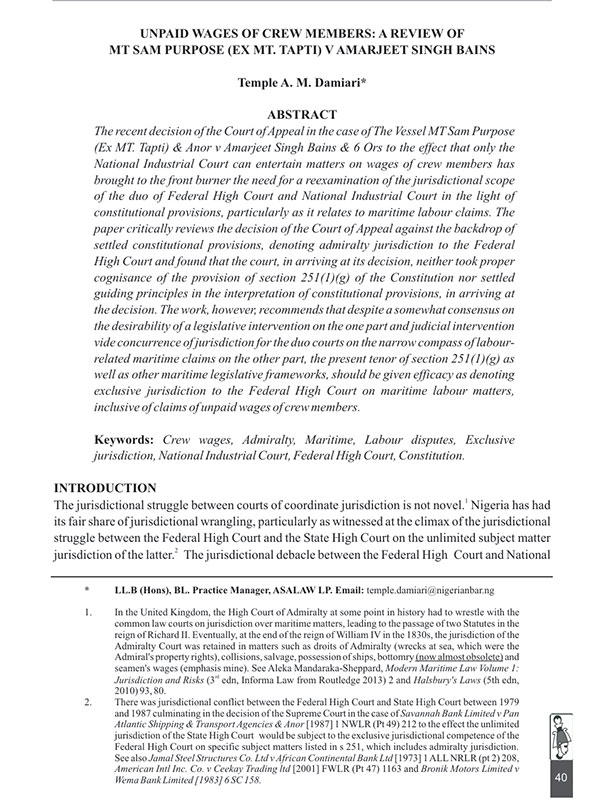
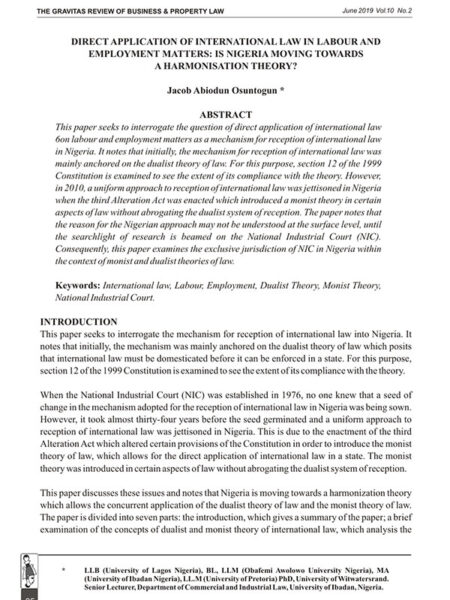
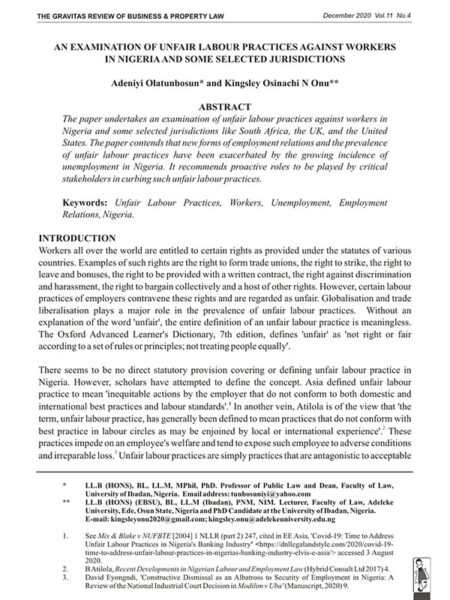
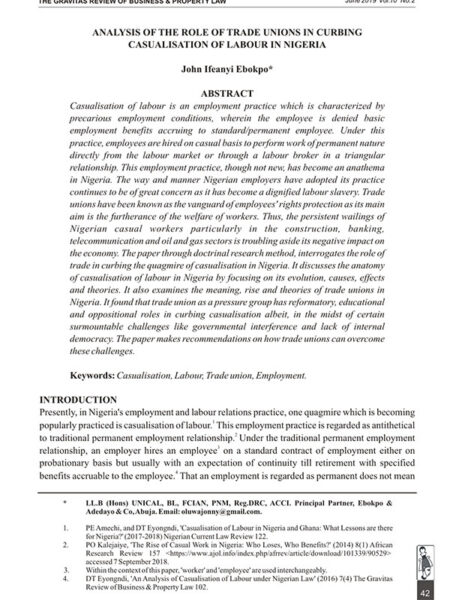
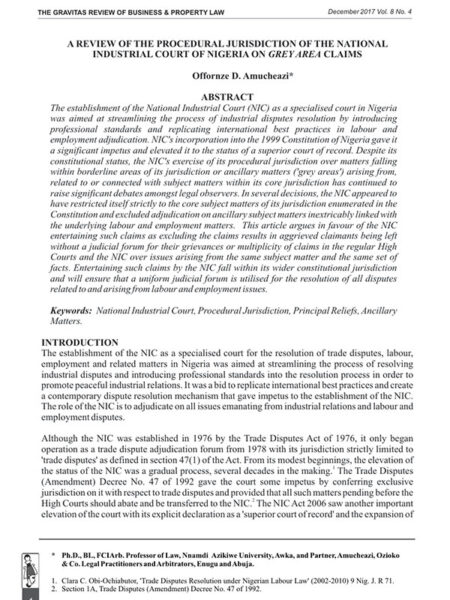


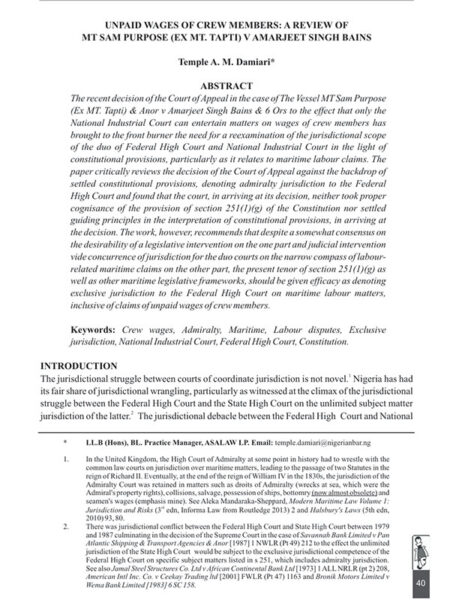
Reviews
There are no reviews yet.